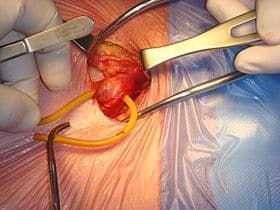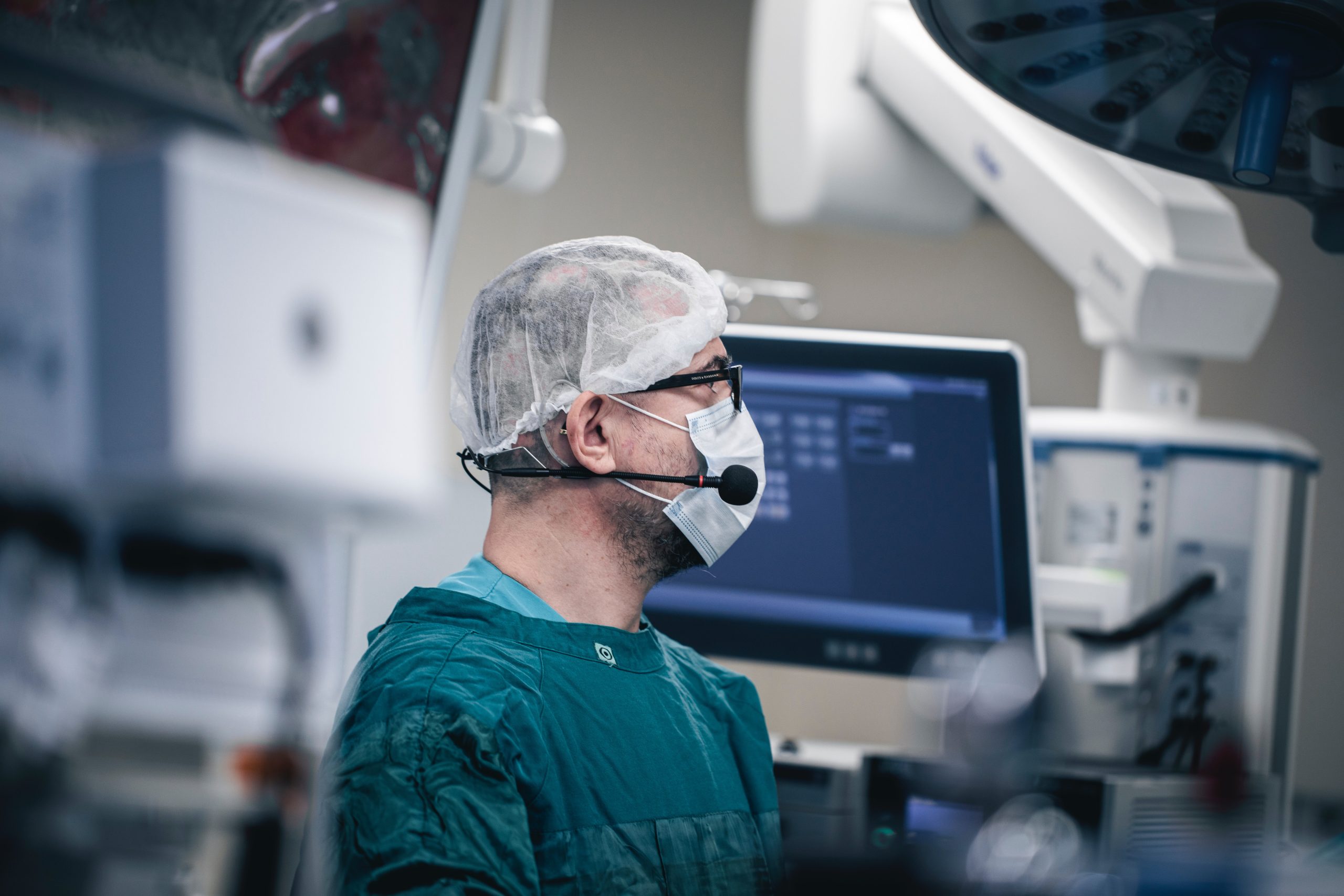
An operation for inguinal hernia is compulsory ?
Whatever their types, hernias are pathologies that are benign in the majority of cases. They can appear in both sexes, but are very frequent in men and may appear at all ages. Many factors promote their appearances. Regarding inguinal hernia, these factors are generally wearing heavy loads, constipation, overweight or chronic cough. It manifests itself by discomfort or gravity at the bottom of the abdomen.
In order to avoid any complications and to treat inguinal hernia, one of the best solutions is theinguinal hernia operation.
Inguinal hernia: surgical treatment is necessary ?
Inguinal hernia is often asymptomatic. It generally manifests itself by the appearance of a snack at the level of the groin, but which is painless. In the event that hernia is symptomatic (causing discomfort or pain), surgery is recommended and is the only effective treatment.
There are solutions such as compression belts or hernial orthotics. These are effective in relieving pain and discomfort. However, its solutions are not preventing the’strangulation and hernia can further increase.
How is the operation ?
I’Operation for inguinal hernia lasts on average between 15 to 30 minutes. Surgery is carried out under general anesthesia ? Surgery can be carried out by “laparoscopy” or by “laparotomy”. In both cases, surgery can be ambulatory. Which makes it possible to shorten hospitalization with a single day.
The patient between morning to have surgery and comes out in the evening of the intervention.
In the majority of cases, the intervention is made in laparoscopy. This consists in making three small incisions on the patient’s belly. Then the surgeon brings an optical probe to see the interior of the abdominal cavity.
This is the first method to consider. Indeed, the consequences of the operation are simple and the recovery is quite fast. In the event that the hernia is too large, the laparotomy will be offered to the patient.
This is a wider incision in the groin level.
The surgical intervention then takes place in two stages. First, the surgeon will reduce inguinal hernia by replacing its contents in the abdominal cavity. Then it will close and strengthen the opening of the wall to avoid recurrences.
During this stage, two cases may arise depending on the case. If the muscles are simply relaxed or torn, the surgeon will suture them. I’inguinal hernia operation generally concerns young patients.
Second scenario: Muscle breach is too wide. The inguinal wall is repaired and reinforced by a prosthesis. The latter will serve as reinforcement and protection of the inguinal wall. Note that prostheses are perfectly tolerated by the organization and the risks of’allergy are quite minimal.
Are there complications after the intervention ?
The consequences of the operation are quite simple and the “complications” are without gravity. These are hematomas, discomfort or pain in the site operated. But the pain disappears after 2 to 3 weeks. Other more important complications such as recurrence, infection of the prosthesis or genitarinian disorders may also appear, but they are rarer. It is important to pay particular attention to the abnormal symptoms that appear in the days following the operation.
It is advisable to report to your doctor in case of fever or discomfort, pain that continues, infection of the scar or loss of sensitivity in the operated area or testicles.
